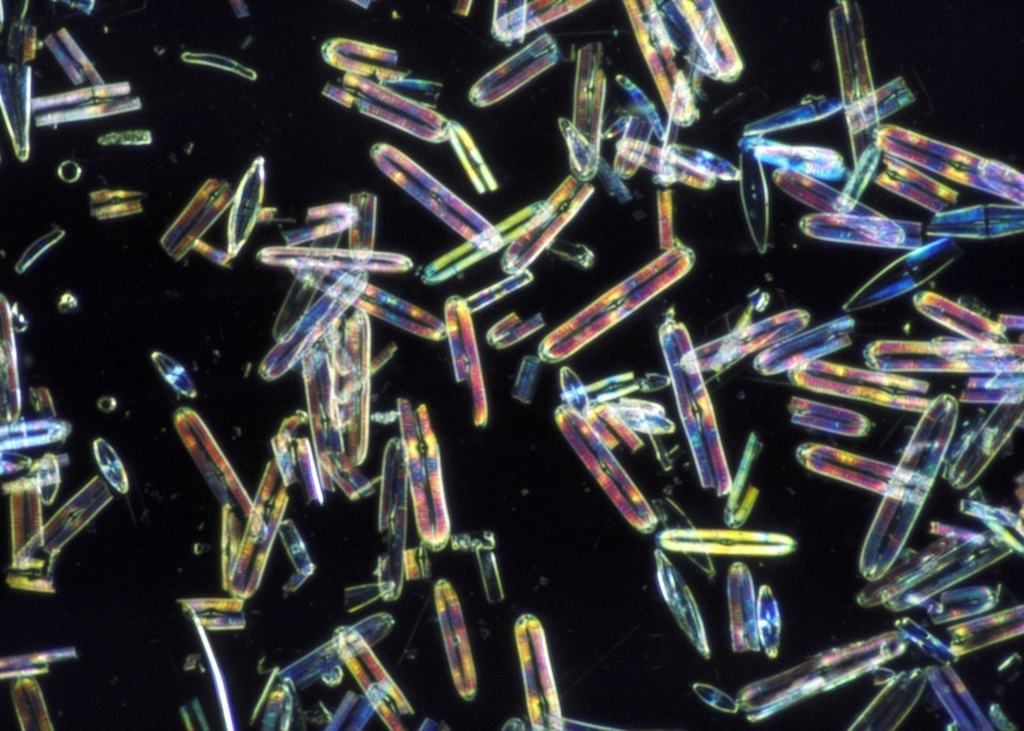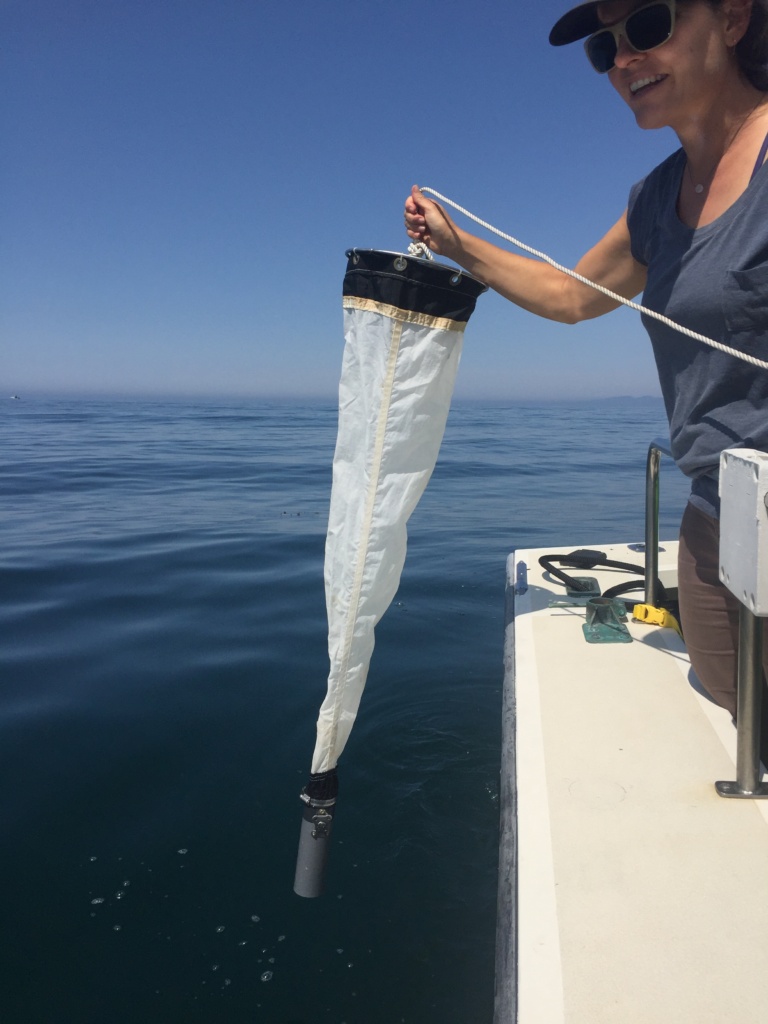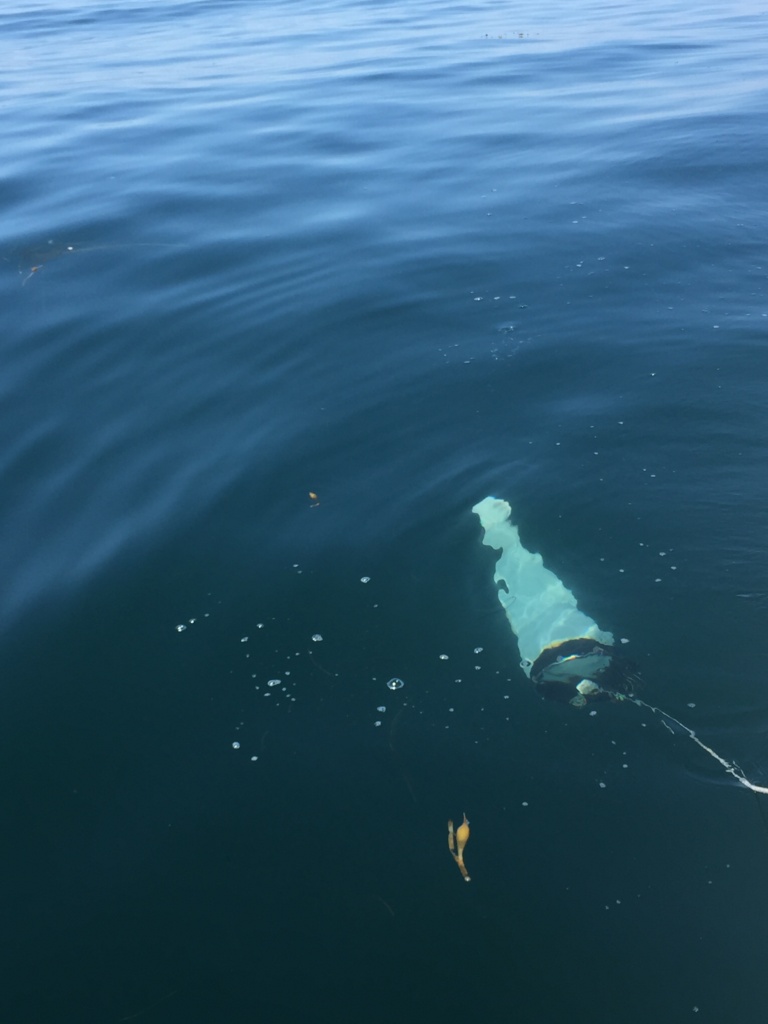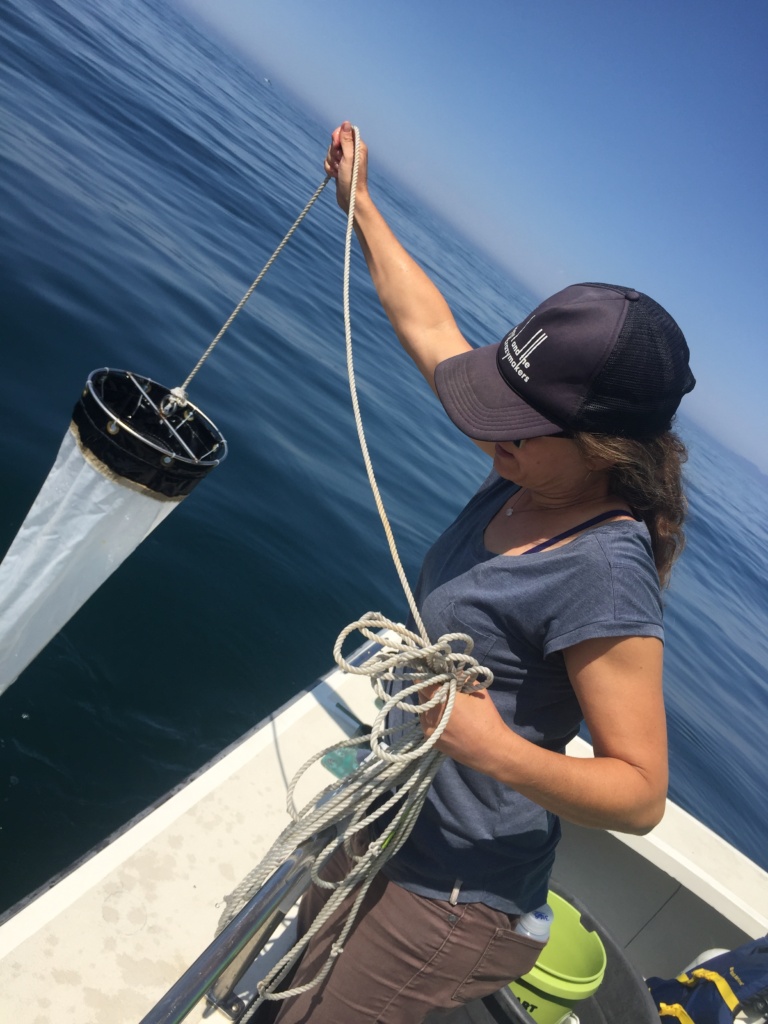Marine Protected Areas, or MPAs, are underwater sanctuaries that provide safe havens for marine wildlife. Channelkeeper’s MPA Watch program trains and engages community volunteers to observe and record human uses of coastal and marine resources both inside and outside of marine protected areas (MPAs) along the Santa Barbara coast. Using standardized protocols volunteers and program interns collect relevant, scientifically rigorous, and broadly accessible data that are used to help inform MPA management and enforcement. Through Channelkeeper’s shore-based MPA Watch program, we’re able to collect data related to human use activities at the Campus Point, Naples, and Kashtayit MPAs along the Santa Barbara coastline. MPA Watch interns focus their work at these three MPAs along the Santa Barbara coastline.
MPA Watch interns are key to the program’s success. This year, we are fortunate to have three UCSB undergraduate interns supporting this community science program, thanks in part to a grant award from the UCSB Associated Students Coastal Fund. MPA Watch interns conduct weekly surveys to ensure consistent coverage of all the coastal MPAs, perform data entry of volunteer surveys and data quality control checks, assist with volunteer training workshops, and lead volunteer field training sessions.
Channelkeeper recently caught up with our three current MPA Watch Interns, Brynn Campos, Madi Trudeau, and Raven Berse to learn more about their experiences.
Why did you choose to intern with Channelkeeper?
Madi: I chose to intern with Channelkeeper because I wanted to find a way to engage with the local community and learn more about the Santa Barbara Channel and its watersheds.
Brynn: I chose to intern with Channelkeeper because I was interested in ecology/marine biology internships with flexible scheduling. Not only did Channelkeeper work fit into my busy schedule, but it gave me the opportunity to spend more days at the beach and build up marketable skills in the field I am passionate about.
Raven: I didn’t have many opportunities to really make a difference at my local community college. As a 3rd-year transfer to UCSB, I felt like I needed to hit the ground running and find as many opportunities as I could. I called Channelkeeper and went on a few surveys. I was so fascinated and amazed that I was able to participate in the MPAWatch program as an intern. I have worked with Channelkeeper for over a year now, and I love the team and the work that we do to keep our marine protected areas safe.
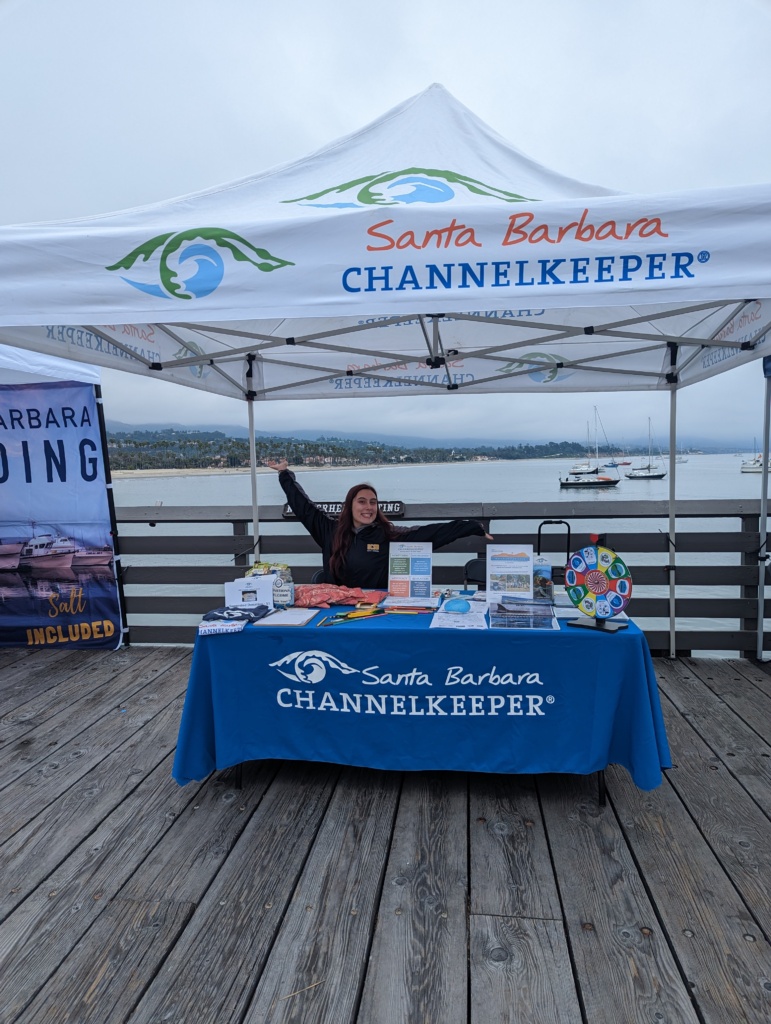
What skills do you hope to gain from this experience?
Madi: I’m gaining a ton of useful experience in fieldwork, data collection, and data entry. I’m continuing to learn a lot about what it means to collect good data, and how the importance of it can translate into other fields. I’ve found that I really enjoy being out in the field, so I’m glad that I get to continue working on these skills and honing in on potential careers I want to pursue.
Raven: I have gained a lot of knowledge and confidence in survey-taking and data collection. After school, I want to do research work and this was my first hands-on experience.
Brynn: Other than the obvious data collection/data entry experience, I am happy with the soft skills I have gained from this experience and how much I have been able to learn about local ecosystems. I have improved my ability to communicate scientific concepts to the public (especially children!) and gained more experience training others. In addition, taking regular walks along our beaches for the past year has allowed me to see the seasonal patterns of the ocean including the dynamism of the tides and the bluffs, the diversity of beautiful fauna (especially birds!), and more generally the interplay between weather and ocean conditions. It has been an invaluable experience getting to personally witness the dynamics of the ocean for my future in marine biology.
If there were 25 hours in a day, how would you spend the extra hour?
Brynn: If there were 25 hours in a day, I would spend the extra hour taking my cat Bella on a walk in her backpack.
Raven: If there were 25 hours in a day, I would try to spend the extra hour doing art or being outside.
Madi: As a student, it’s really easy to get caught up in work and I find myself spending all day in lecture halls and the library. Having an extra hour would give me the chance to prioritize my passions, like hiking, surfing, and generally just appreciating the outdoors.
What has been the highlight of your intern experience?
Raven: The biggest highlight of my intern experience has just been getting out of the house and seeing the beauty of the world outside. After COVID, I really stopped going outside as often. This opportunity pushes me to be outdoors, and it’s really enjoyable to spend a few hours outside near the beach while knowing you’re making a small difference while you’re there. I’ve had so many wonderful opportunities to see the tidepools, walk through the fields along the coast with the cows and horses, have hawks and butterflies fly right over me, and enjoy the beauty of the ocean. It has been a very wonderful and enjoyable experience.
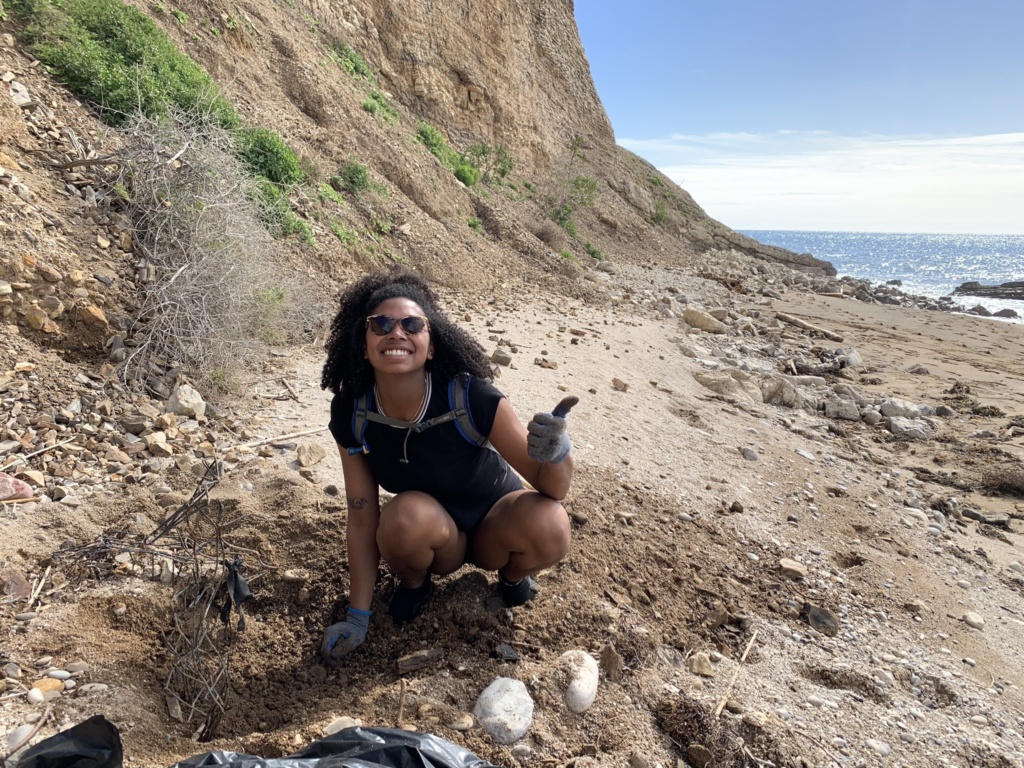
Brynn: The highlight of my intern experience has been getting to go to our beautiful Channel Islands for a beach cleanup. My trip with Channelkeeper was my first time on the Islands and it was such a beautiful and enriching day. Not only were we able to clean up over 1,000 pounds of trash, but I got to witness the real impact of marine pollution on what should be a pristine natural beauty. Having this experience will drive my future efforts to ensure that we live on a clean, green planet.
Madi: The highlight of this experience was definitely Underwater Parks Day. It was such a fun outreach event that gave me the chance to connect with community members, other volunteers, and interns. I also got to learn a ton of new information about Santa Barbara’s intertidal zones, and it was fascinating to see all of the organisms they had in their care. It helped me to connect with a new community of people who love marine life as much as I do.
Channelkeeper feels grateful beyond words to work with these three extraordinary women who, after graduation, plan to launch careers in areas such as aquatic ecology, ocean research, and marine biology. With great optimism, we look forward to learning about all that they will accomplish.
